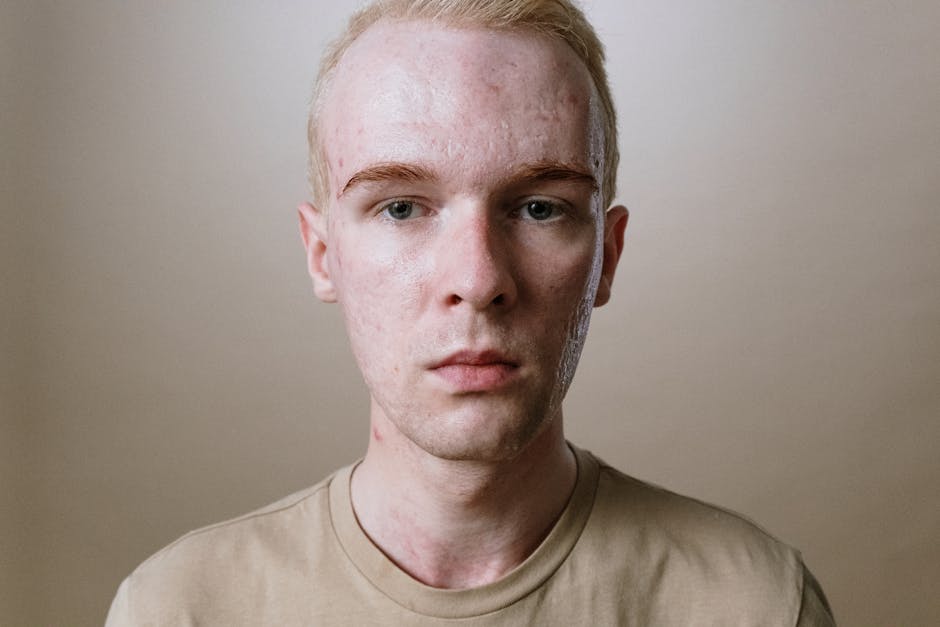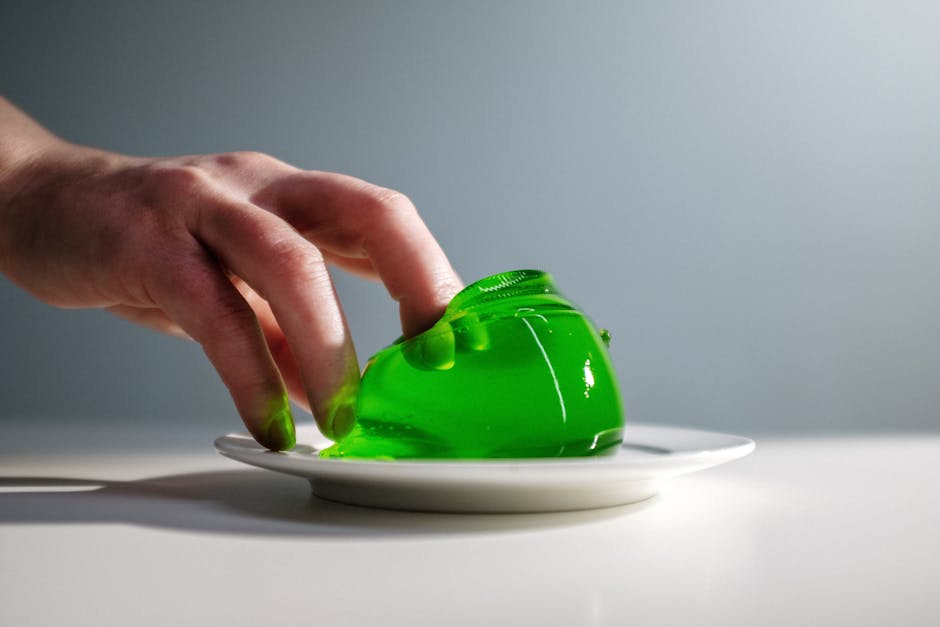Discover How to Cure Acne: The Role of a Balanced Hormone Level
Discover How to Cure Acne: The Role of a Balanced Hormone Level
Acne is a common skin condition that affects millions of people worldwide, transcending age and gender. While many factors contribute to the development of acne, hormonal imbalance stands out as one of the most significant. In this blog post, we will explore the vital role hormones play in the development and management of acne. By understanding how hormonal balance impacts skin health, you can take actionable steps towards achieving clearer skin.
Understanding Acne: The Basics
Before delving into the hormonal aspects of acne, it’s essential to understand what acne is. Acne is a skin condition characterized by pimples, blackheads, and cysts, primarily on the face, back, and shoulders. It occurs when hair follicles become clogged with oil and dead skin cells.
According to the American Academy of Dermatology, approximately 85% of individuals between the ages of 12 and 24 experience minor acne. However, for some, acne can persist into adulthood, leading to physical and emotional distress.
Causes of Acne
While genetics, diet, and lifestyle play roles in acne development, hormonal fluctuations are often the primary culprits. During puberty, hormonal changes can trigger increased oil production, leading to clogged pores and acne. But hormones can affect acne long after the teenage years.
The Hormonal Connection
Hormones are chemical messengers that regulate various bodily functions, including skin health. Androgens, a group of hormones that includes testosterone, are known to increase during puberty and cause the sebaceous glands to enlarge and produce more sebum.
Impact of Hormonal Imbalance on Acne
When hormone levels are not balanced, it can lead to an overproduction of sebum, causing the pores to become clogged more frequently. This is why hormonal acne is common during puberty, menstruation, pregnancy, and menopause. Hormonal fluctuations can exacerbate acne, making it crucial to maintain a balanced hormone level for clearer skin.
Studies have shown that up to 50% of women experience acne flare-ups due to hormonal changes in adulthood. Understanding and managing these hormonal changes can be a significant step towards reducing acne.
How to Balance Hormones for Clearer Skin
Balancing hormones is a key step in managing acne effectively. Here are some strategies to help achieve hormonal balance:
1. Dietary Adjustments
A balanced diet can significantly impact hormone levels and skin health. Incorporate foods rich in omega-3 fatty acids, antioxidants, and fiber to help regulate hormones. Avoid high-glycemic foods and dairy, which can spike insulin levels and exacerbate acne.
Consider adding more fruits, vegetables, whole grains, and lean proteins to your diet. Drinking green tea, known for its anti-inflammatory properties, can also be beneficial for reducing acne.
2. Regular Exercise
Exercise helps reduce stress, improve mood, and regulate hormones. Engaging in regular physical activity can help lower cortisol levels, a hormone that increases oil production and inflames acne. Aim for at least 30 minutes of aerobic exercise daily to promote hormonal balance.
3. Stress Management
Chronic stress can lead to hormonal imbalances, triggering acne flare-ups. Practicing stress-reducing activities such as yoga, meditation, and deep-breathing exercises can help manage stress levels and promote hormonal balance.
4. Sleep Hygiene
Adequate sleep is crucial for hormonal regulation. Establish a consistent sleep routine, aiming for 7-9 hours of quality sleep each night. Avoid caffeine and electronic devices before bedtime to improve sleep quality and support hormone balance.
5. Medical Interventions
If lifestyle changes are insufficient, consider consulting a dermatologist or endocrinologist. They may recommend treatments such as oral contraceptives, anti-androgen medications, or hormone replacement therapy to help balance hormones and reduce acne.
Actionable Tips for Managing Hormonal Acne
In addition to balancing hormones, here are some practical tips for managing hormonal acne:
1. Maintain a Consistent Skincare Routine
Use gentle, non-comedogenic products to cleanse and moisturize the skin. Exfoliate regularly to remove dead skin cells and unclog pores. Incorporate products containing salicylic acid or benzoyl peroxide to target acne.
2. Be Mindful of Makeup
Choose oil-free, non-comedogenic makeup products to prevent clogging pores. Always remove makeup before bed to avoid trapping dirt and oil on the skin.
3. Stay Hydrated
Drinking plenty of water helps flush out toxins and maintain skin moisture. Aim for at least eight glasses of water a day to support overall skin health.
4. Seek Professional Advice
If acne persists despite lifestyle changes, seek professional advice. A dermatologist can provide personalized treatment plans to address hormonal acne effectively.
Conclusion
Acne can be a challenging condition to manage, but understanding the role of hormones and their impact on skin health can pave the way for clearer skin. By taking proactive steps to balance hormones through diet, exercise, stress management, and proper skincare, you can effectively manage and reduce acne flare-ups. Remember, each individual’s skin is unique, so finding the right balance and treatment may require patience and perseverance.
Ultimately, achieving hormonal balance is not just about clear skin; it’s about promoting overall health and well-being. Embrace these strategies to unleash the potential for healthier, acne-free skin.


